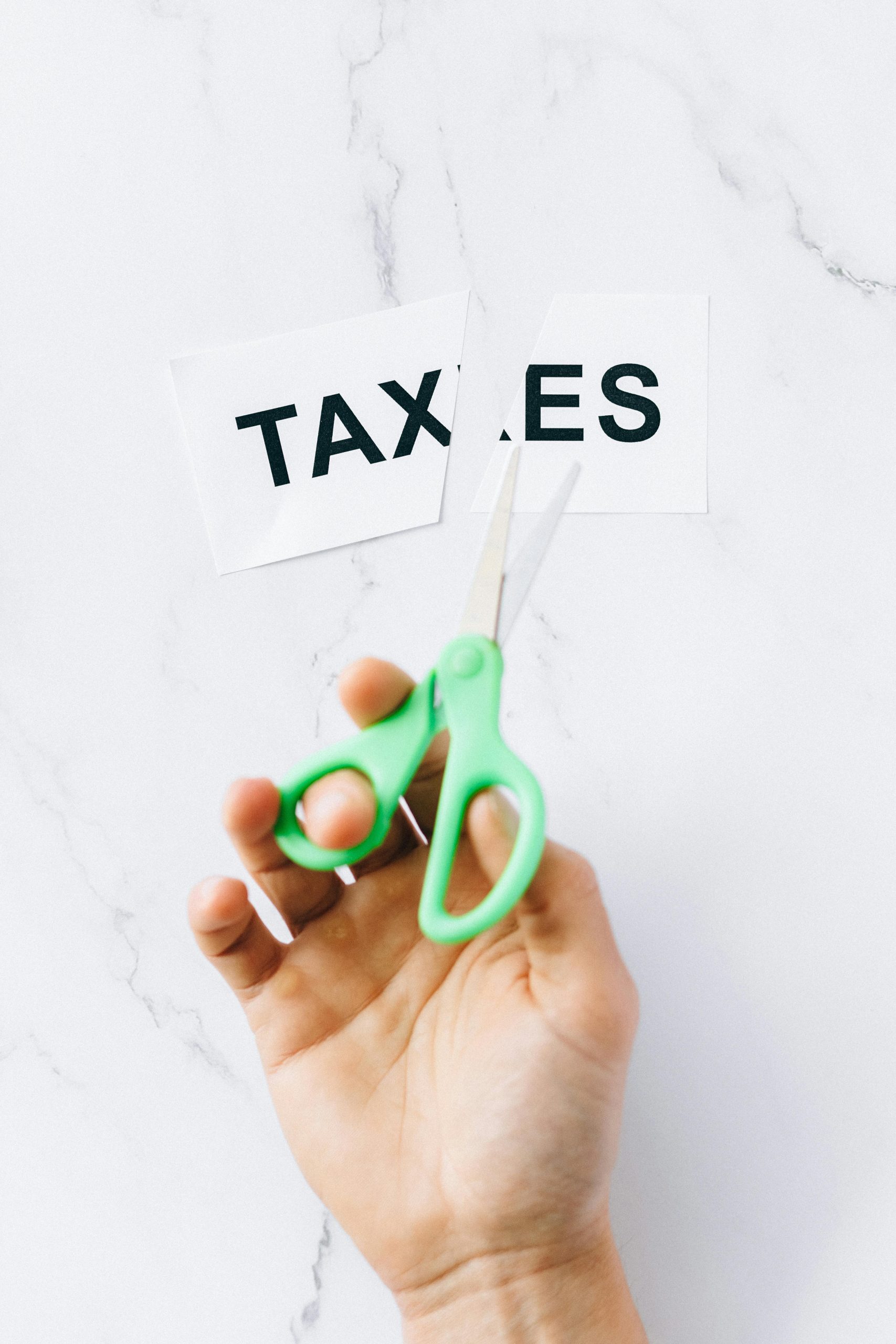In today’s uncertain economic climate, adjusting your budget isn’t just a smart move—it’s essential. A slowing economy can bring job insecurity, rising costs, and tighter financial constraints. But with careful planning and strategic adjustments, you can protect your finances and even thrive. Whether you’re preparing for potential downturns or already feeling the pinch, these practical steps will help you stay financially resilient.
Assess Your Current Financial Situation
Before making any changes, you need a clear picture of where your money is going. Start by reviewing your income, expenses, and savings. Here’s how:
- Track your spending: Use a budgeting app or spreadsheet to log every expense for a month. Categorize them into essentials (rent, groceries, utilities) and non-essentials (dining out, subscriptions).
- Analyze your debt: List all outstanding debts, including interest rates and minimum payments. High-interest debt should be a priority.
- Evaluate your savings: Do you have an emergency fund? Financial experts recommend saving 3-6 months’ worth of living expenses.
Once you understand your financial health, you can identify areas to cut back and reallocate funds more effectively.
Cut Non-Essential Expenses
Reducing discretionary spending is one of the fastest ways to free up cash. Here are some practical ways to trim your budget:
Review Subscriptions and Memberships
Cancel or pause services you rarely use, such as streaming platforms, gym memberships, or magazine subscriptions. Many people forget about recurring charges, so this is an easy win.
Limit Dining Out and Entertainment
Eating at home and finding free or low-cost entertainment (like parks or community events) can save hundreds each month. Meal planning and cooking in bulk also reduce grocery costs.
Shop Smarter
Look for discounts, buy generic brands, and avoid impulse purchases. Use cashback apps or loyalty programs to stretch your dollars further.
Prioritize Essential Spending
While cutting non-essentials is important, safeguarding necessities is critical. Focus on these key areas:
Housing and Utilities
If your rent or mortgage is straining your budget, explore options like refinancing, negotiating with your landlord, or downsizing. For utilities, reduce usage by turning off lights, adjusting the thermostat, and fixing leaks.
Groceries and Healthcare
Stick to a grocery list and buy in bulk when possible. For healthcare, compare prescription prices, use telehealth services, and take advantage of preventive care to avoid costly emergencies.
Debt Repayment
Prioritize high-interest debt to avoid spiraling costs. Consider debt consolidation or balance transfers if they lower your interest rates.
Boost Your Income Streams
In a slowing economy, increasing your income can provide much-needed stability. Here are some ideas:
Freelancing or Side Gigs
Leverage your skills for freelance work, tutoring, or gig economy jobs (like ridesharing or delivery). Platforms like Upwork or Fiverr can help you find opportunities.
Sell Unused Items
Declutter your home and sell clothes, electronics, or furniture online. This not only earns extra cash but also simplifies your life.
Invest in Upskilling
Learning new skills can make you more competitive in the job market. Look for free or affordable courses in high-demand fields like coding, digital marketing, or project management.
Build and Protect Your Savings
Even small contributions to savings can make a big difference over time. Here’s how to safeguard your financial future:
Automate Savings
Set up automatic transfers to a high-yield savings account. Even $50 per month adds up and provides a cushion for emergencies.
Reduce Investment Risks
If you invest, consider rebalancing your portfolio to favor stable, low-risk options. Avoid panic-selling during market dips.
Review Insurance Coverage
Ensure you have adequate health, auto, and home insurance to avoid unexpected expenses. Shop around for better rates if necessary.
Conclusion
Adjusting your budget in a slowing economy requires discipline and proactive planning, but it’s entirely achievable. By assessing your finances, cutting non-essentials, prioritizing needs, boosting income, and protecting savings, you can navigate economic uncertainty with confidence. Remember, small changes today can lead to significant financial security tomorrow. Start implementing these strategies now, and you’ll be better prepared for whatever the economy brings.
